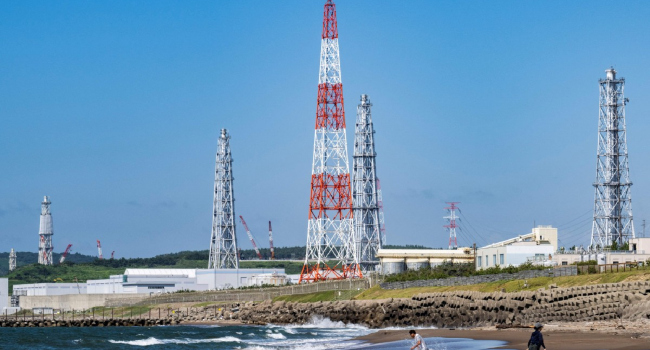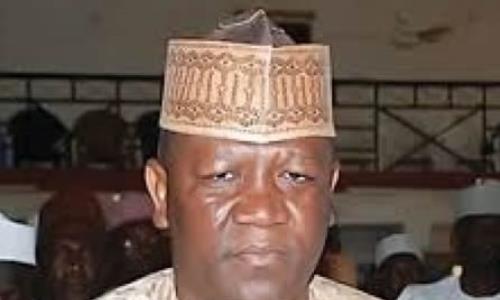A senior opposition figure in Nigeria has warned that escalating insecurity and economic hardship are pushing citizens to breaking point, citing his own experience of abandoning farmland overrun by armed groups. Bolaji Abdullahi, spokesperson for the opposition coalition and interim National Publicity Secretary of the African Democratic Congress (ADC), described widespread discontent with the ruling All Progressives Congress (APC) during a press briefing in Ilorin, Kwara State’s capital.
Abdullahi revealed his personal struggles with insecurity, stating that bandits now occupy agricultural areas in northern Kwara, including a farm he could no longer safely access in the Patigi, Ifelodun, and Babanla regions. “Kwara was once peaceful, but these communities are now overrun by kidnappers,” he said, framing the crisis as symptomatic of broader governance failures.
The ADC official positioned his coalition as a viable alternative to the APC, which has governed Nigeria since 2015. He argued that surging fuel prices, inflation, and poverty—exacerbated by recent subsidy removals—had eroded public trust. Comparing current costs to pre-2015 levels, he noted that ₦5,000 ($3.30) now buys less for schoolchildren’s meals than ₦500 did a decade ago, attributing the decline to “catastrophic policies” under APC leadership.
Abdullahi claimed the APC had fragmented Nigeria’s political landscape, weakening parties like the Peoples Democratic Party (PDP) and Labour Party (LP), and argued this created space for the ADC to emerge as a coalition of “dignified politicians.” However, he acknowledged the challenge of proving his party’s credibility to voters. “Nigerians already know they’re suffering,” he said. “Our task is showing we’ll deliver real change.”
The ADC’s pledges include slashing fuel costs and implementing poverty alleviation programs, though specifics remain unclear. Analysts note these promises mirror those made by previous opposition groups, underscoring the difficulty of differentiating platforms in Nigeria’s crowded political field. Meanwhile, security experts warn that Abdullahi’s account of rural banditry aligns with national trends, with armed groups increasingly controlling territory in northern and central states.
The remarks come amid rising voter fatigue ahead of Nigeria’s 2027 general elections, with inflation nearing 34% and food costs soaring by 40% annually. While the APC has defended its reforms as necessary for long-term stability, opposition figures like Abdullahi are betting on widespread frustration to galvanize support. “We can’t let those who brought chaos keep power,” he asserted, urging citizens to back the ADC’s vision for security and economic relief.



